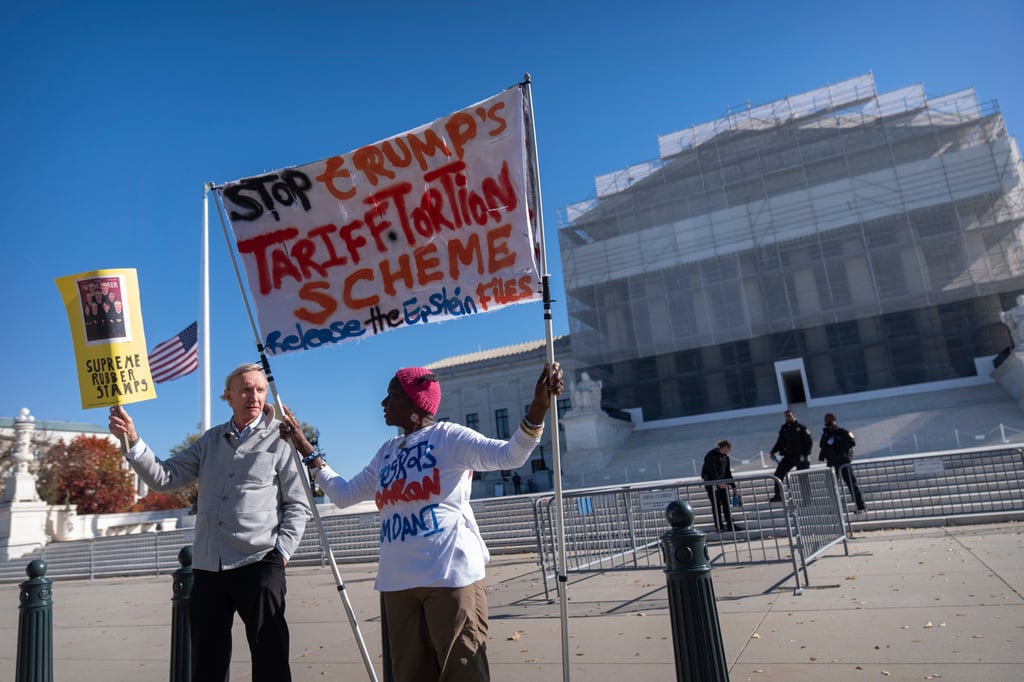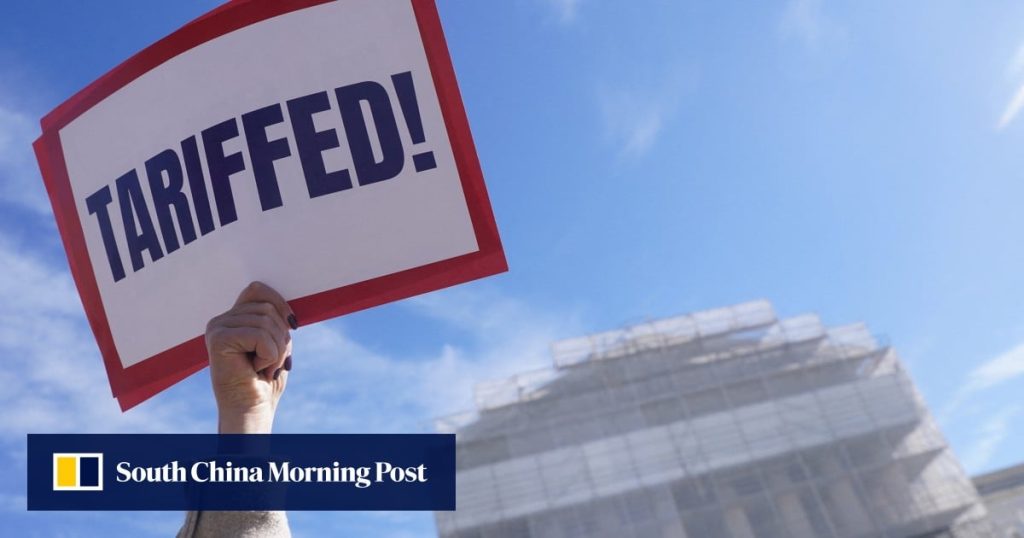At stake: US$90 billion already paid by American importers, trade deals with partners across the globe, billions more to come, and the delicate balance of power between Pennsylvania Avenue and Capitol Hill.
The first half of the oral arguments crackled with tension, as justices signalled deep scepticism that the International Emergency Economic Powers Act (IEEPA) was ever intended to serve as an all-purpose trade weapon.
The justices appeared to agree that the “major questions doctrine”, which requires Congress to grant clear and explicit authority for sweeping executive actions, could apply in this case.
Both conservative and liberal justices pressed Trump’s solicitor general, Jonathan Sauer, on why the administration maintains that tariffs are not taxes, and why it is not Americans who ultimately pay them.
Sauer argued that the issue concerns not Congress’s “power to tax” but the president’s authority to regulate foreign powers.



